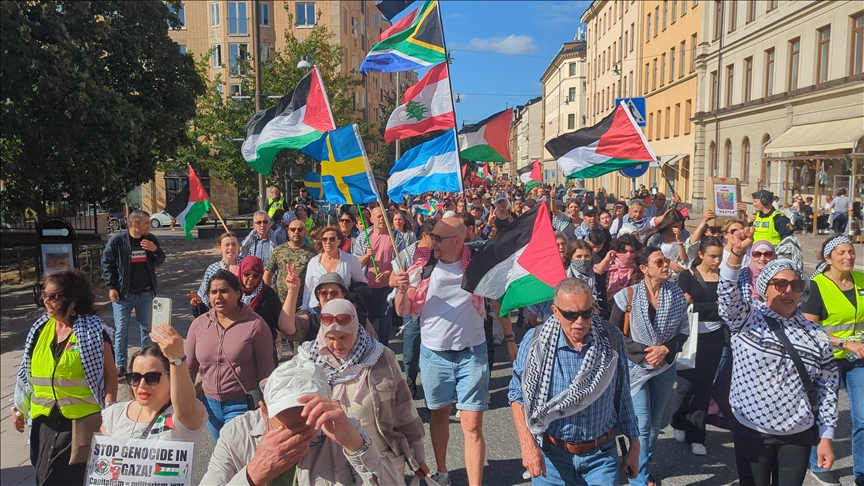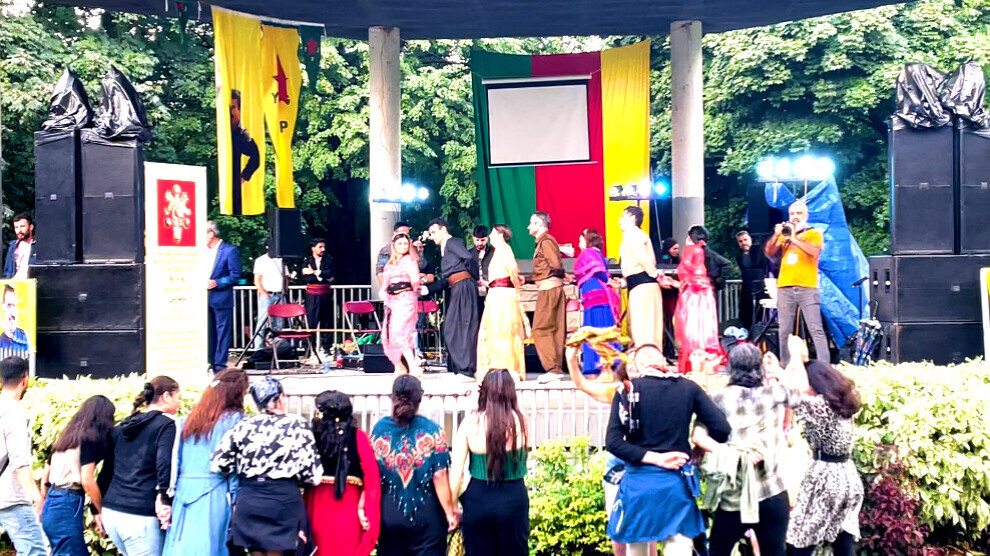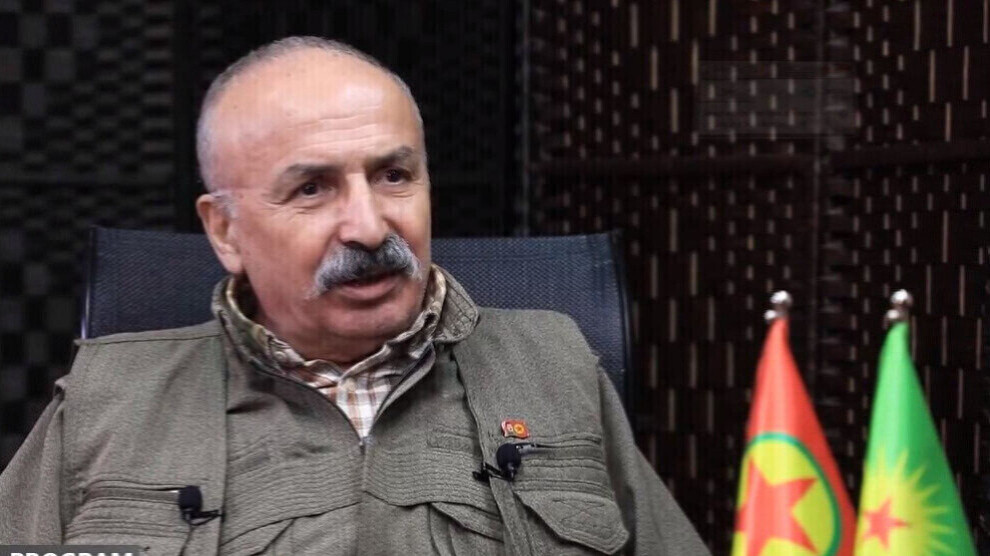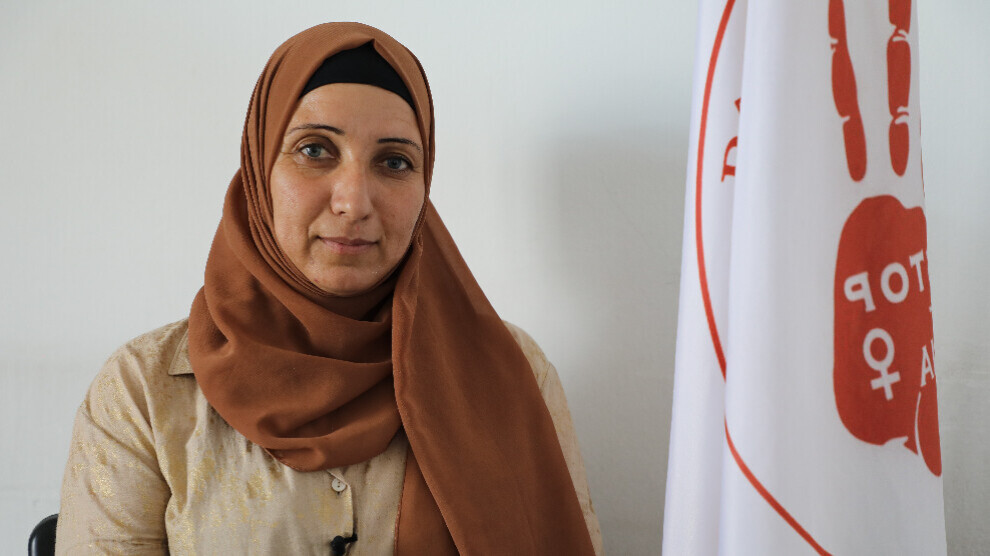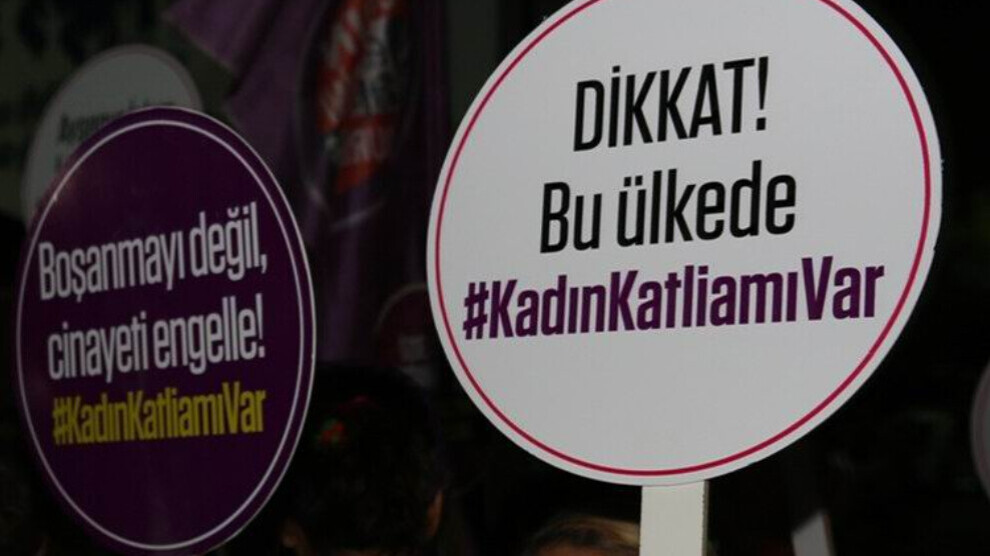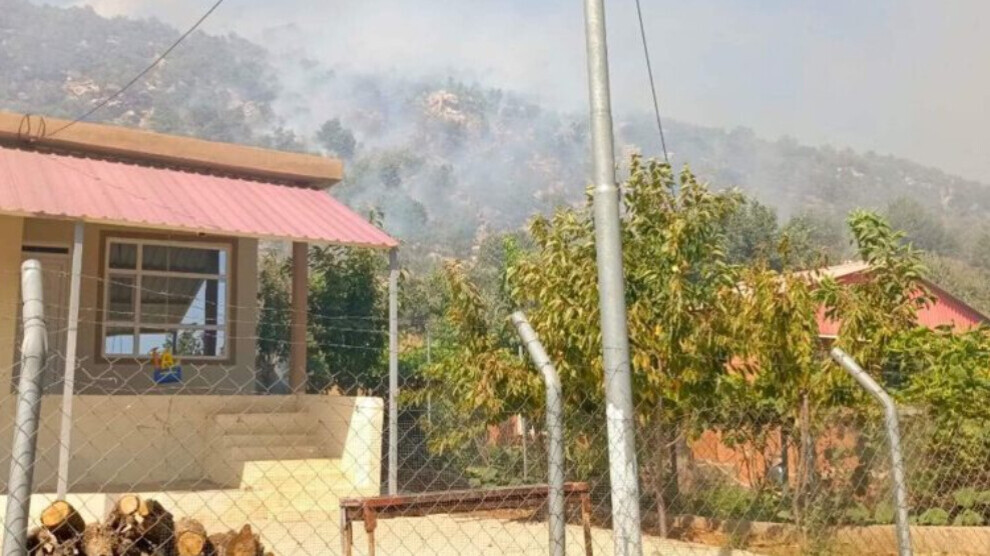Archeologists unearth ruins of ancient Uyghur city in Mongolia
2024.08.25
The discovery of the ruins of a long-lost city in northern Mongolia believed to be built by Uyghurs roughly 1,400 years ago enhances knowledge of Uyghur civilization amid the Chinese government’s efforts to rewrite the Muslim group’s history to fit into its own narrative, historians and other experts said.
“This discovery fills a historical gap,” Saban Dogan, the project’s lead archaeologist from Izmir Katip Calabi University in Izmir, Turkey, told Radio Free Asia. “Second, it advances the understanding of [Uyghur] Turkic urban and residential life by another hundred years.”
Turkish and Mongolian archaeologists discovered remnants of the lost city of Togu Balik in June and July during excavations in the Tuul River Valley, known as the Tugla River valley in Uyghur historical documents, according to Turkiye Today, which first reported the findings.
Dogun suggested that Togu Balik was constructed between 630 and 680 CE, making it one of the earliest cities built by Uyghurs.
Today, the Uyghurs are concentrated in the Chinese far-western region of Xinjiang, which they prefer to call East Turkistan, where some 11 million live under Chinese rule and are subjected to a genocide, according to the United States and the parliaments of some Western nations.
RELATED STORIES
China digs up the past to shore up official version of history
Ancient Buddhist temple in Xinjiang stirs controversy
INTERVIEW: Lawyer debunks China’s historical narrative of control over Xinjiang
Togu Balik, built by the Toquz Oghuz — a confederation of Turkic Tiele tribes known as the “nine clans” in Inner Asia during the early Middle Ages — was a key city of the Uyghur Khaganate, or empire, under the Orkhon Uyghur nobility.
That empire existed between 740 CE and 840 CE, following the Uyghurs’ destruction of the Second Turkic Khaganate, an empire in Central and Eastern Asia founded by a clan of the Goturks, another Turkic people, which lasted from 682–744 CE.
The Uyghur Khaganate controlled a vast area of the Euro-Asian steppes, stretching from Lake Baikal in the north to the Great Wall of China in the south, and from Manchuria in the east to the Tian Shan mountain range and Lake Balkhash in the west.
China’s narrative
The discovery of the ruins comes at a time when Uyghur history and archaeology have become sensitive political topics as Chinese historians attempt to reshape Uyghur identity within the notion of the “Chinese nation,” experts said.
These historians claim that Uyghurs have been part of the Chinese nation since ancient times and are not Turkic. Some argue that the Uyghurs migrated to what is now Xinjiang in the 9th century CE and that the Han Chinese were the original inhabitants of the area, contrary to historical facts.

The discovery of Togu Balik intensifies the debate over Uyghur history, archaeology and the origins of the Uyghurs, the experts said.
But Chinese historical documents also indicate that Uyghurs lived in a vast region from the north of the Tuul River in Mongolia to Tian Shan in present-day Xinjiang, said Alimjan Inayet, a professor of Uyghur folklore at Ege University in Izmir, Turkey.
“Uyghurs have inhabited the East Turkistan geography since time immemorial,” he told RFA.
“These historic documents show that Uyghurs didn’t come to East Turkestan in the 840s CE like current Chinese historians allege, but are the most ancient tribes that lived on this vast land,” Inayet said. “There is no historical basis for China to claim that Uyghurs came to this land only after the 840s.”
Kahar Barat, a Uyghur-American historian known for his work on Buddhism and Islam in Xinjiang, agreed, saying Uyghurs at that time migrated from one side of the empire to the other, and did not invade others’ land.
Highly civilized people
Uyghurs were the first among nomadic Turkic tribes in Eurasia who had established cities and settled in them, giving up their nomadic lifestyles, Inayet said.
“Togu Balik, also known as the East City, proves that the Uyghurs were a highly civilized people who established this earliest city,” he added.
Dogan declined to comment at length on the political controversy involving China’s efforts to co-opt Uyghur history, but said that the long history of the Uyghurs is very clear and cannot be obscured by the political agendas of China or other countries.
Historical sources mention Togu Balik, but its exact location was unclear until now, he said.

“In our discussions with Mongolian archaeologists, we hypothesized that the excavated site might be Togu Balik,” Dogun said. “The artifacts found in the ruins of a building in the area confirmed this hypothesis.”
The discovery of Togu Balik fills a historical gap in the urban life of the Uyghur and Turkic peoples, he added.
“Togu Balik can be considered the oldest Uyghur city known so far,” he said.
The city is historically recognized as the place where the Uyghur Toquz Oghuz inhabited and fought against a Turkish invasion in 715 CE.
Togu Balik is mentioned in the inscriptions of the Second Turkic Khaganate as well as in the historical documents of the Tang Dynasty, said Barat.
“Togu Balik is one of the earliest capitals of Uyghurs,” he told RFA.
Khitan Empire
It was once believed that Togu Balik was related to the Khitan Empire, a proto-Mongol nomadic people who ruled the northern part of China from the 10th to the early 12th century, and is also known as the Liao Dynasty.

But because archaeologists have now found Uyghur ceramic tiles beneath walls at the Togu Balik site, Dogan suggested that the city was later used by the Khitans after the Uyghurs left.
“Until now, it was considered that these ruins belonged to the Khitans, but archaeologists have discovered ceramics related to the Uyghurs, specifically related to the Toquz Uyghur tribes,” he said.
Though many Uyghur-related cities in today’s Mongolia were founded during the Uyghur Khaganate, Togu Balik represented an earlier era, Barat said.
After the collapse of the khaganate in 840 CE, the Uyghurs migrated southward and westward, including to what is today the Xinjiang Uyghur Autonomous Region in western China, which was part of their empire and ancient homeland.
The Turkish Office of Coordination and Cooperation, a government department under Turkey’s Ministry of Culture and Tourism, provided support for the archaeological excavation in the Tuul River valley.
The 30-person excavation team included researchers from Izmir Katip Celebi University and from the Institute of Archaeology of the Mongolian Academy of Sciences.
The archaeologists hope that further excavations at Togu Balik will shed additional light on ancient Turkic lifestyles, including religious beliefs, urban culture and burial practices.
A comprehensive archaeological report on the excavation will be published in October, Dogun said.
Translated by RFA Uyghur. Edited by Roseanne Gerin and Malcolm Foster.


